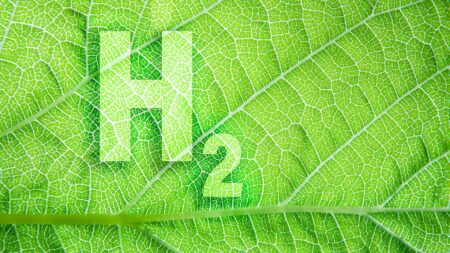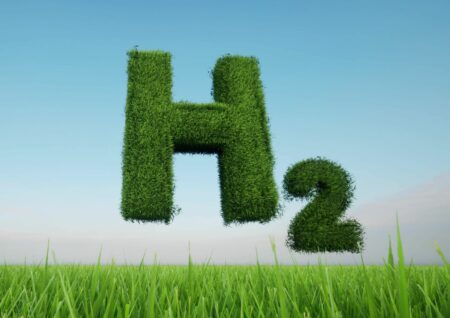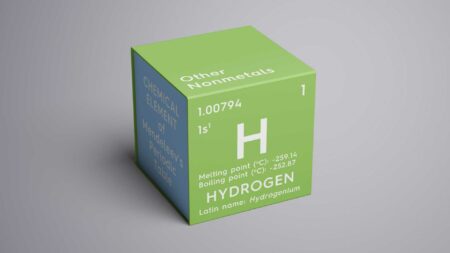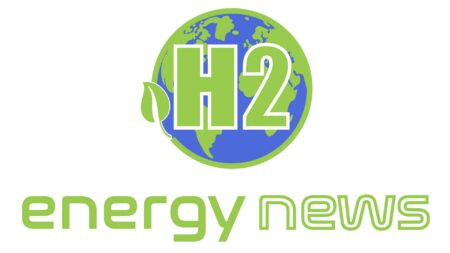In Switzerland, the rise of electric vehicles (EVs) has been significant, but hydrogen-powered cars are finding it hard to keep…
Browsing: Switzerland
The Swiss Federal Office of Energy (SFOE) has announced a tender titled “EBP-303_Beschaffung von Chemikalien” for the procurement of chemical products significant for the hydrogen industry.
Axpo, a prominent energy company, has embarked on a significant endeavor by establishing Switzerland’s largest production plant for green hydrogen in Reichenau, Graubünden.
Switzerland finds itself at a critical juncture as neighboring nations forge ahead with ambitious pipeline projects.
Federal Council of Switzerland approved the postulate report titled “Hydrogen. Interpretation and options for action for Switzerland” during its latest meeting.
In the quest for a sustainable and decarbonized future, Switzerland finds itself at a crossroads regarding its approach to green hydrogen. While Swiss companies are actively engaging in projects to harness the potential of this versatile energy carrier, the lack of a national hydrogen strategy raises concerns about the country’s position in a Europe increasingly dependent on renewable hydrogen for emissions reduction in industries and transportation.
While startups in the United States, Australia, and Spain have already embarked on drilling projects to uncover naturally occurring hydrogen reserves, Switzerland is the latest entrant in the race, and early surveys indicate promising results on its home turf.
Switzerland, like many countries worldwide, faces significant challenges in its energy transition towards a sustainable future.
The Association of Swiss Electricity Companies (AES) recently conducted a study on hydrogen, examining a scenario in which Switzerland develops renewable energies while staying integrated into the European energy market.
The Swiss Association of Waste-to-Energy Plant Operators (VBSA) and TES are collaborating to capture and ship CO2 from Switzerland abroad. TES is developing a business model to deliver large amounts of renewable and affordable eNG (green gas) by combining recycled CO2 with hydrogen to create a closed zero-emissions energy loop.










